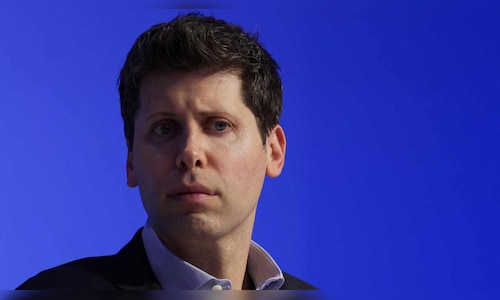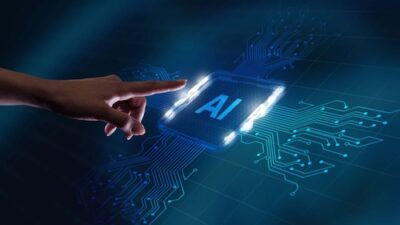In a conversation on Uncapped with Jack Altman, the CEO of OpenAI expressed his belief that AI will achieve significant progress in the medium term—within the next five to ten years—by being able to “uncover significant new ideas” in scientific fields.
“This may sound like a bold assertion, but I believe it is accurate,” Altman stated. “If it’s true, this will eventually overshadow everything else.”
Altman is confident that recent breakthroughs have significantly improved the reasoning abilities of AI models and that their potential will continue to expand. While current applications, such as programming and chat functions, are prevalent, he anticipates that the near future will introduce intelligent tools capable of automating large segments of work, fostering new collaborative efforts, and possibly leading to the emergence of “virtual employees.”
He expressed optimism about the future of technology: “I believe we will develop highly intelligent and capable models… that can automate substantial amounts of work.” However, he added, “I feel completely puzzled about society’s state if that occurs.”
He pointed out that although AI capabilities are progressing quickly, it remains unclear how society will manage and distribute the benefits of those advancements. “It’s possible we might achieve superintelligence, yet society could still be struggling,” he noted. “That doesn’t seem right to me, but I’m not sure how to make sense of it.”
Regarding the immediate effects, Altman recognized the threat AI poses to jobs, particularly in areas such as customer service. Nevertheless, he is hopeful about humanity’s capacity to adapt. “Many jobs will disappear, and many will be dramatically altered,” he stated. “But we have always been adept at discovering new paths to pursue.”
Citing podcasting as an example of a career that didn’t exist a few years ago, Altman suggested that society frequently invents new ways to feel productive, valuable, and entertained—even if they might seem trivial from a historical perspective.
As AI evolves, Altman noted that the most pressing question isn’t whether machines will become smarter, but rather whether people will know how to utilize that intelligence effectively. “I expected society would feel vastly different if we truly achieved our technical forecasts,” he remarked. “Yet, perhaps that’s not a bad thing.”
Also Read: Sam Altman says Meta offered $100 million bonuses to OpenAI employees



